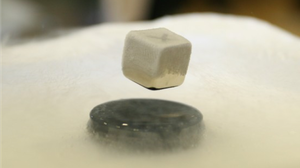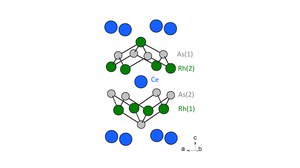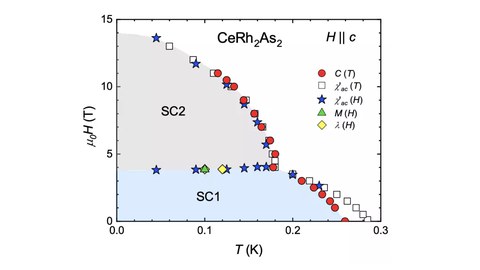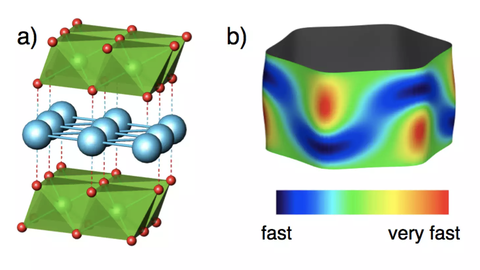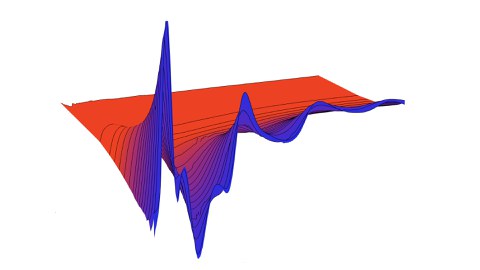Low-temperature physics of complex electron systems
Our group is interested in materials that inhibit new, not yet understood behaviour at low temperature. We investigate novel states of matter that cannot be described by established quantum mechanical theory, for example unusual ordered phases, topological states of matter, non-Fermi liquids or unconventional superconductivity.
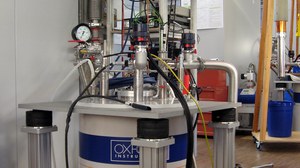 © E. Hassinger
© E. Hassinger
Research in our group
Our group is interested in materials that inhibit new, not yet understood behaviour at low temperature. We investigate novel states of matter that cannot be described by established quantum mechanical theory, for example unusual ordered phases, topological states of matter, non-Fermi liquids or unconventional superconductivity. These states emerge because electrons in the material interact strongly with each other leading to interesting quantum many body effects.
Our research team strives for further understanding of these unconventional states of matter by experimental investigations at very low temperature down to 10 mK. We use high-precision experiments such as magnetic susceptibility, magnetic torque, thermal conductivity, thermoelectric effect or electric resistivity on high quality single crystals.
Additionally to low temperature, we apply high magnetic fields and high pressure to see, how the material reacts. A magnetic field gives rise to experimental signatures called quantum oscillations giving direct information on the Fermi surface and hence the interacting electrons. This powerful technique implies the challenge of creating a very low noise environment and requiring extremely pure crystals. It gives information on the 3D Fermi surface topology and anisotropy, quasiparticle effective masses, quasiparticle scattering and magnetic interactions. Pressure changes the lattice constants and therefore tunes the interaction of the electrons and the characteristic energy scales of the system.

